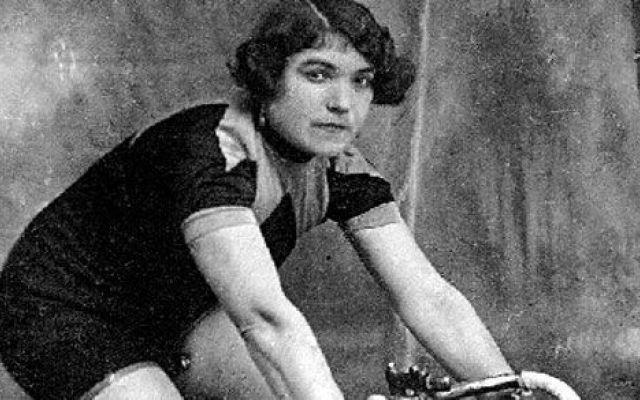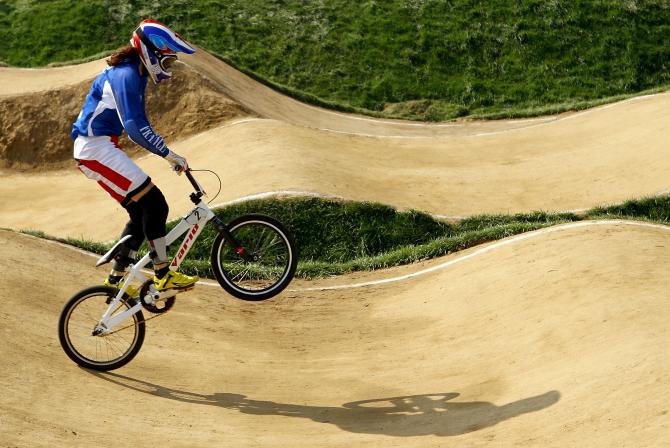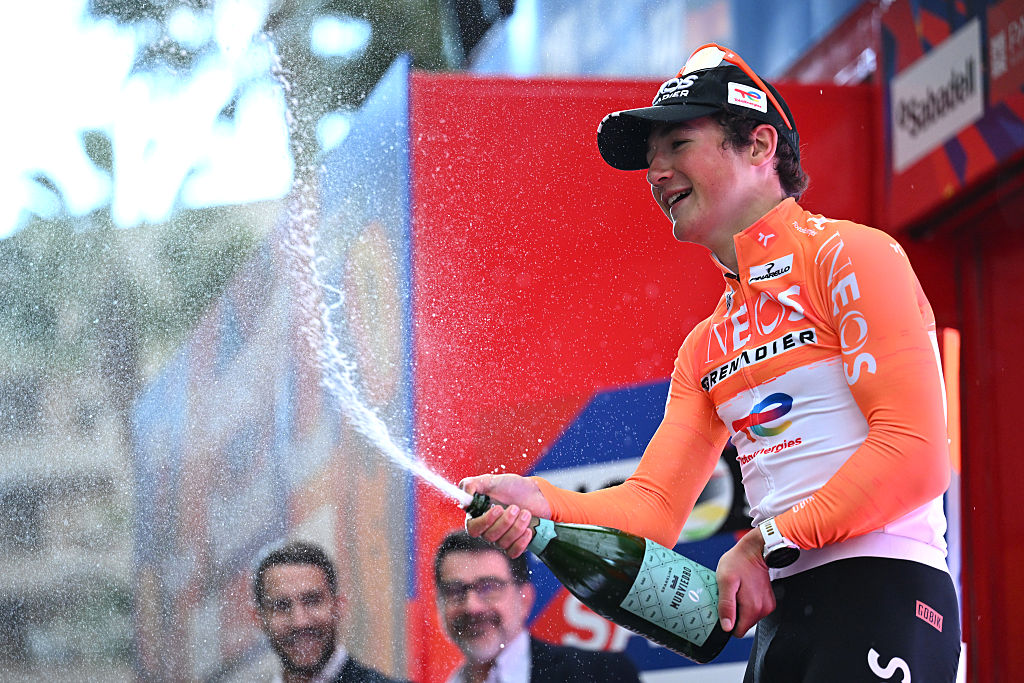The pioneers of women's cycling
From Hélène Dutrieu to Tracey Gaudry
The latest race content, interviews, features, reviews and expert buying guides, direct to your inbox!
You are now subscribed
Your newsletter sign-up was successful

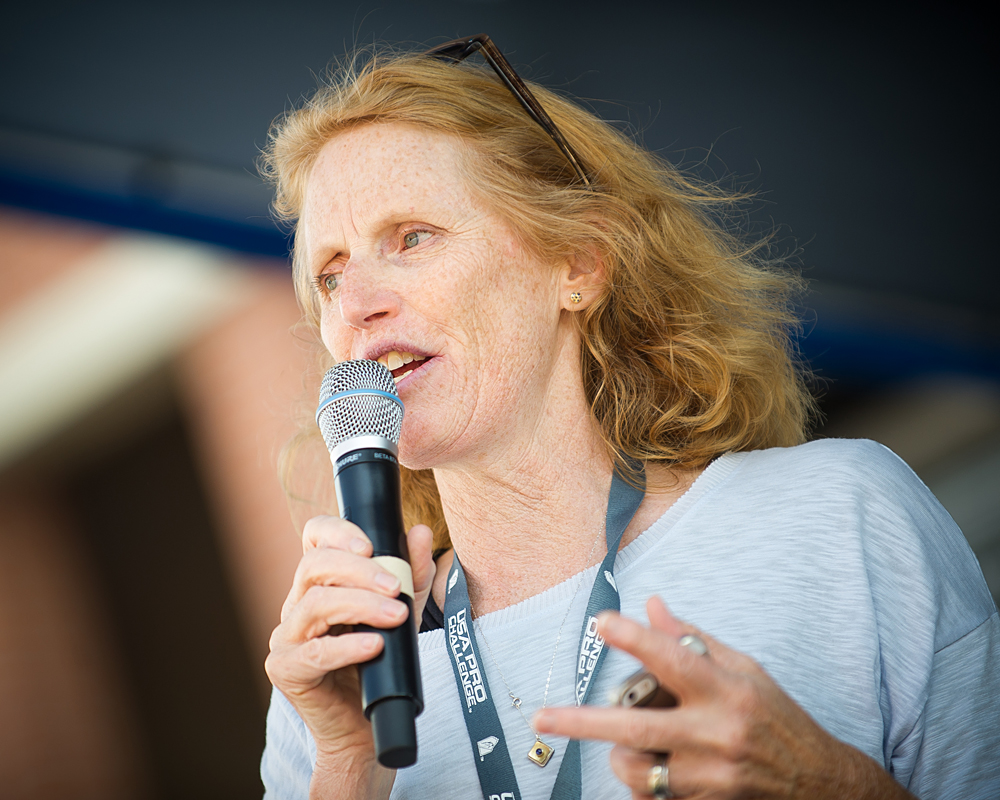
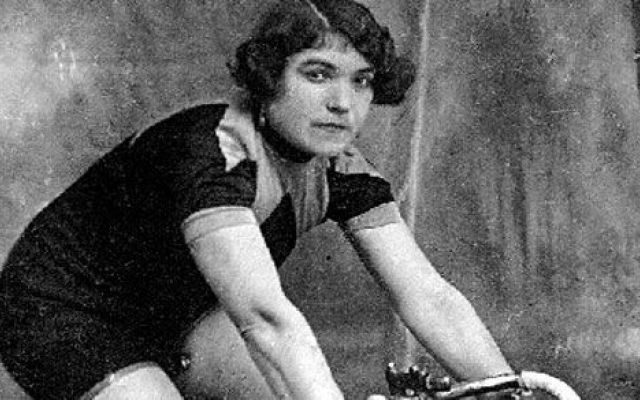
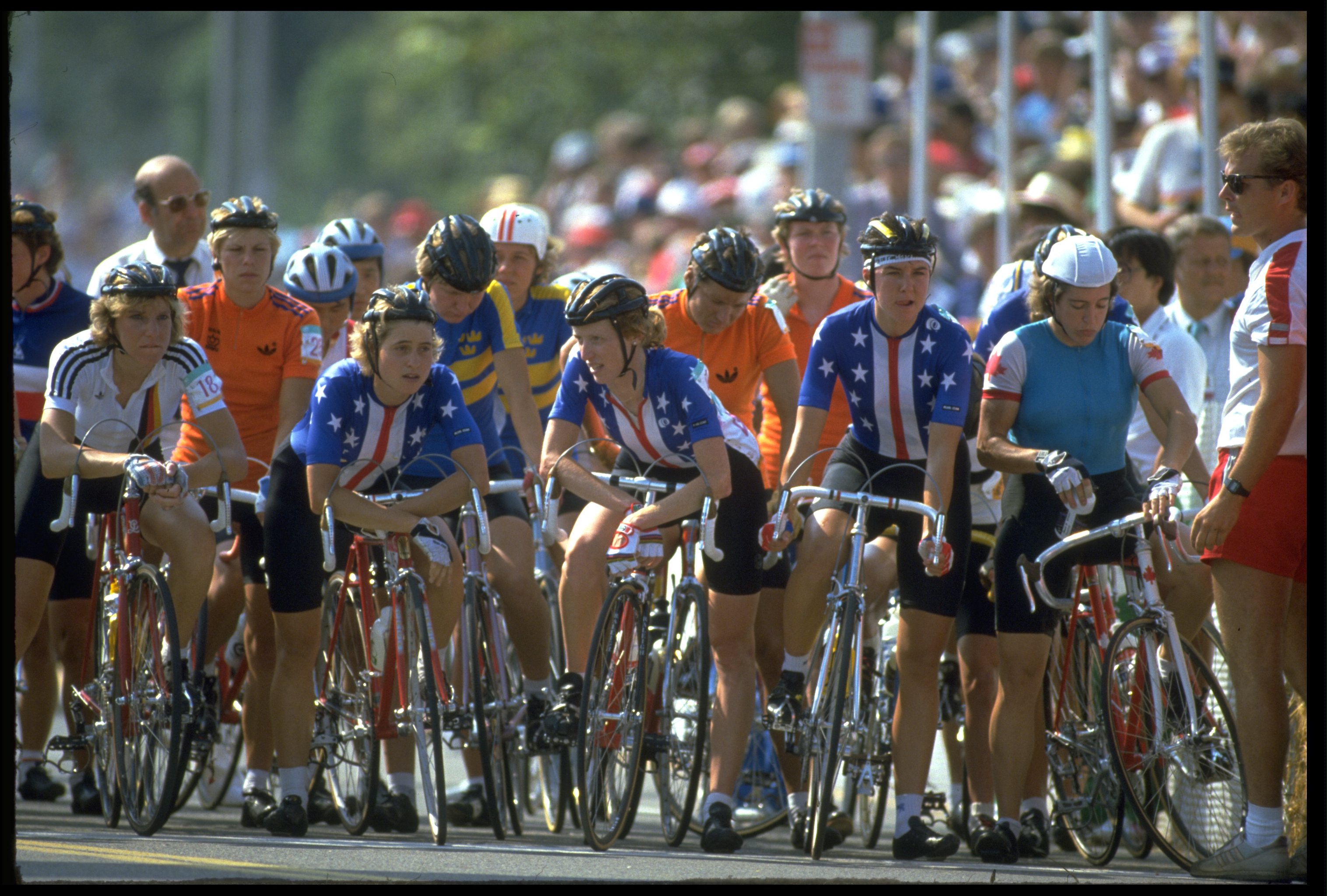
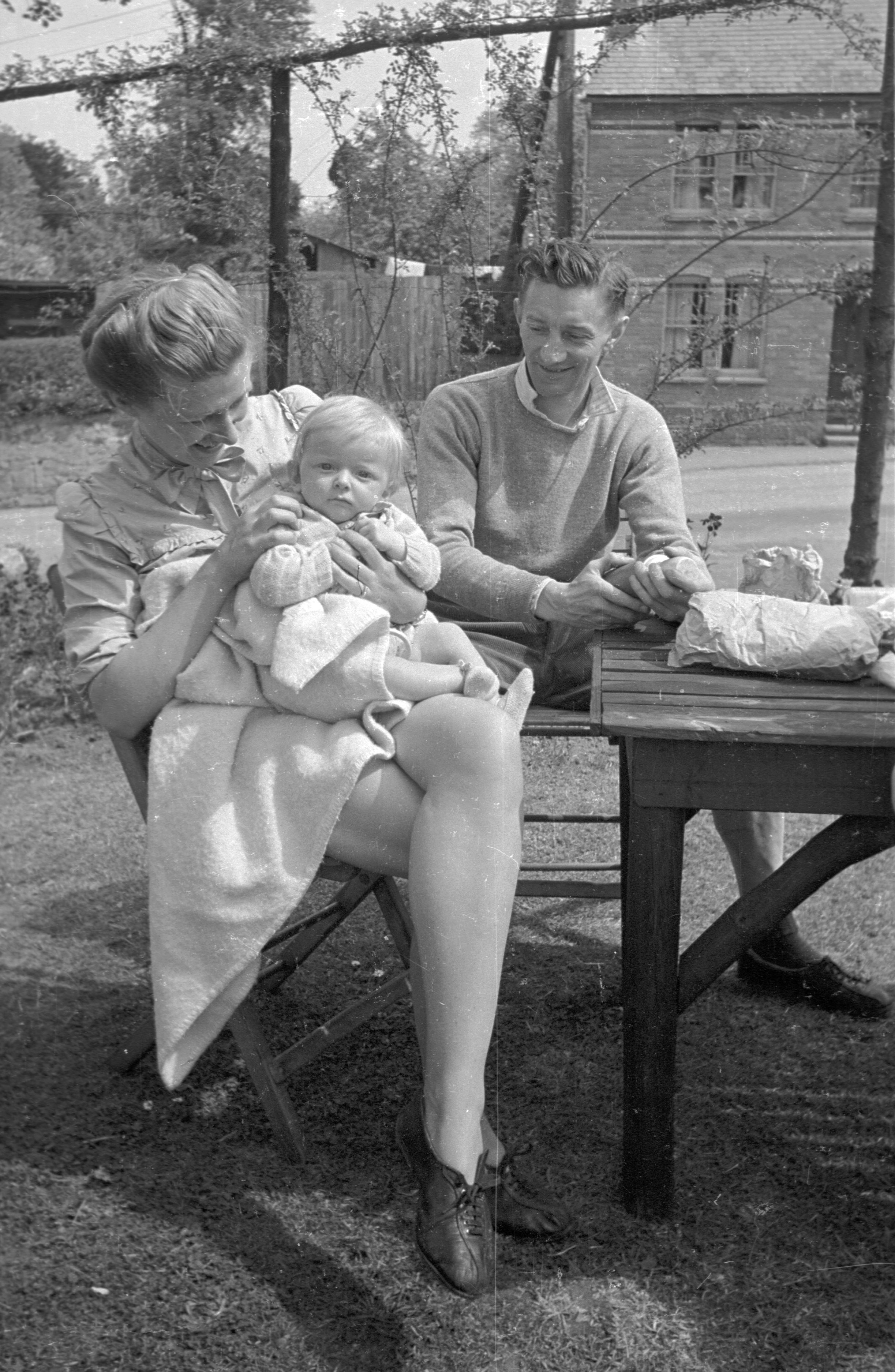
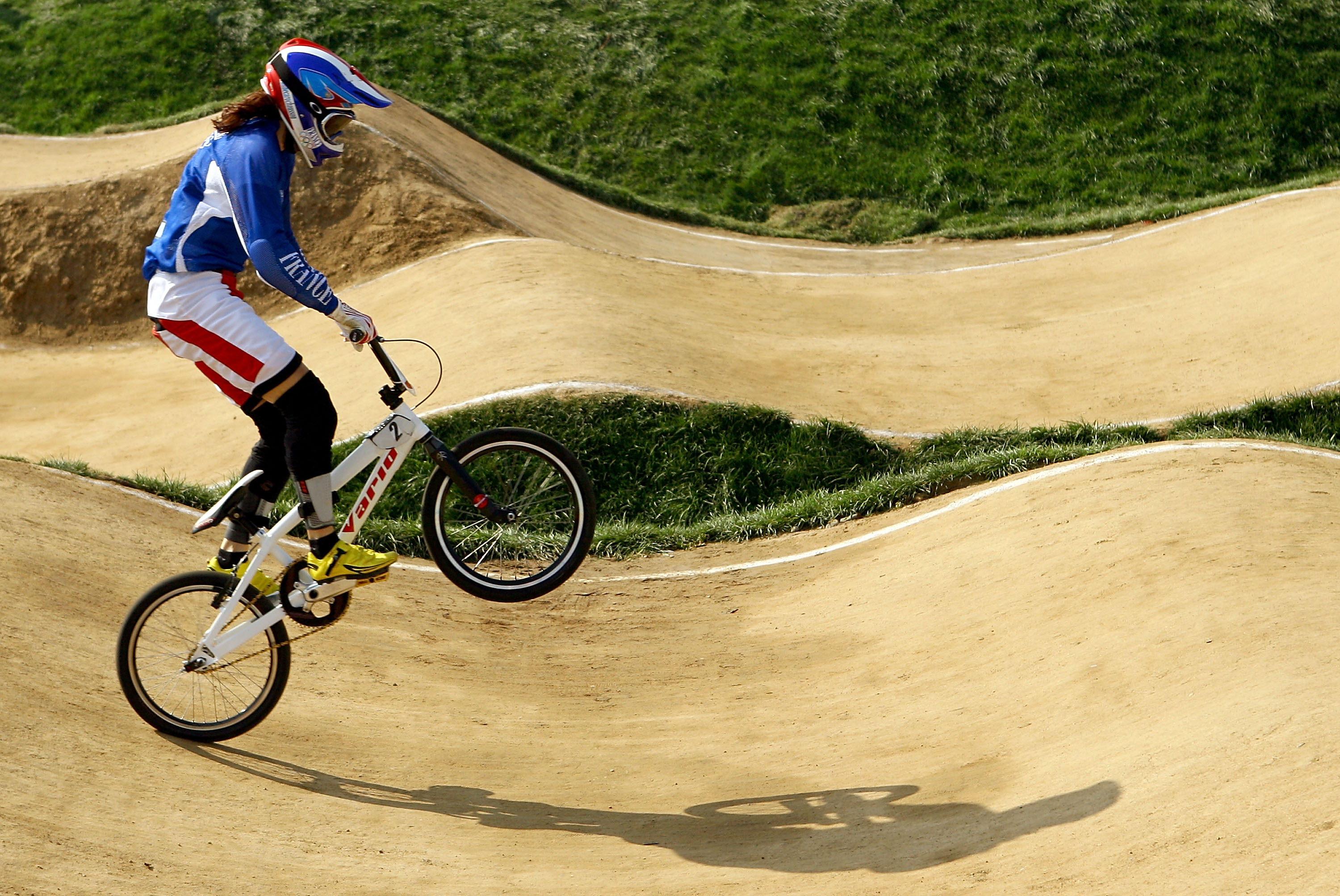
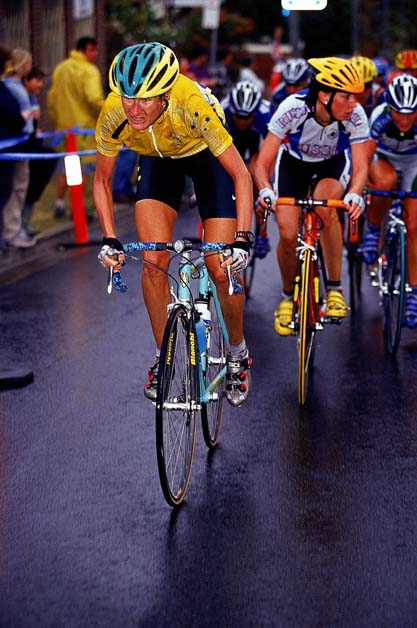
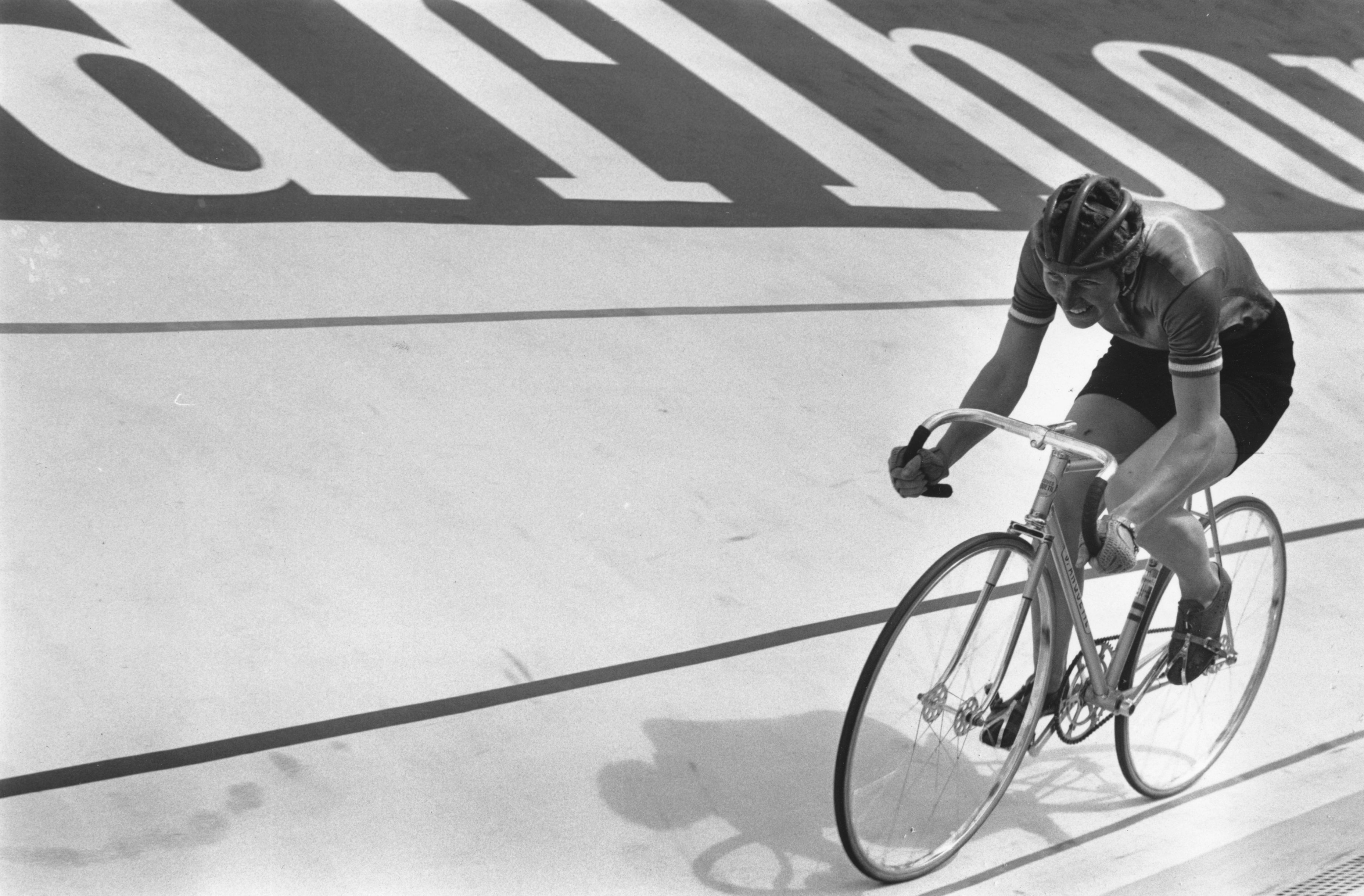
It's women's cycling week at Cyclingnews and so we have delved into the history books to take a look back at some of the pioneering women in the sport and some of its most successful participants.
Q&A with UCI vice president Tracey Gaudry
The who's who of elite women in American bike racing
A year of firsts for Women's Tour of California - Preview
Women's Week on Cyclingnews - Video
Exclusive: All roads lead to Rio Olympics for Marianne Vos
Remembering Kathy Watt's 1992 Olympic Gold Medal
Ashleigh Moolman-Pasio: Fighting for gender equality and mutual respect
Catching up with the inaugural Women's WorldTour - Gallery
Ina Teutenberg’s cycling dream team
Quiz: Milestones in women's cycling - Can you guess the year?
Tracey Gaudry Q&A: Half-way point review of the Women's WorldTour
Women's cycling has been on a rollercoaster ride in the past decades but after years of seeing events and teams disappear the sport has stabilised and is now growing. There is still a long way to go in terms of funding, structure and exposure but recent years have seen the number of races increase, and the advent of the women's WorldTour is a big step in the right direction.
Bike races existed almost as soon as the bike was invented and the sport really took off when the safety bicycle came about in the late 19th century. While the bicycle allowed a new freedom to women, racing them was not seen as a seemly activity for a respectable lady. However, there were a few daring women in those early days that dared to go against the grain and pioneered the sport we know and love today. Others have since followed in their footsteps and made further advances for women's cycling.
These are just a few of those women and it is by no means an exhaustive list.
Hélène Dutrieu
Born in 1877 in Tournai, Belgium, Dutrieu followed her brother Eugène into cycling, leaving home at the age of 14 to do so. In 1893, at the tender age of 16, she broke the women's Hour Record. Three years later she won the women's speed track world championships for the first time and would repeat the achievement the following year.
Not content with that, she went on to become a stunt woman, then an actress and later became a noted pilot and was awarded the Légion d'honneur in 1913.
The latest race content, interviews, features, reviews and expert buying guides, direct to your inbox!
Tillie Anderson
Anderson was originally born in Sweden but emigrated to Chicago at the age of 14 where her passion for cycling began. Two years after the move, she'd saved up enough to purchase her first bicycle and enter the Elgin-Aurora race, breaking the course record on her first try. She also broke the 100-mile record, riding the distance in six hours 57 minutes.
She was soon travelling the US and taking part in six-day races and at just 18 years of age, the League of American Wheelmen recognised her as the best female cyclist in the world. During her time as a racer, she entered into 130 races and won all but seven of them. She was deemed to be the 'champion of the World' until her retirement in 1902 when the League of American Wheelmen banned women from racing.
Alfonsina Strada
If you can't beat them, join them. That's what Strada did in 1924 when she decided to race the men’s Giro d'Italia. Strada had got into cycling as a young child and won her first race at 13 years of age. She was a prolific winner and readily took part in men’s races, beating them on several occasions. She rode the Giro di Lombardia twice in 1917 and 1918, finishing 21st on her second attempt.
In 1924, at the age of 24, she was invited to ride the Giro d'Italia as they looked to beef up the start list when a rider's strike meant that they were short of competitors. Worried about a potential backlash, she was entered under the name Alfonsin Strada. Her identity was uncovered before the race began but she would continue nonetheless.
She battled through the opening stages before a crash during the seventh resulted in broken handlebars. With no mechanical assistance, she was waiting for some time before a spectator gave her the broken handle of a broom to use. It was too late, and she was excluded from the race for missing the time cut. Keen to capitalise on the publicity of a woman riding the race, the organisers allowed her to continue, but she was not counted in the overall classification. Although not an official finisher, she completed the race some 30 hours behind the winner.
Elsy Jacobs
The 1958 season was a big one for Luxembourg as Charly Gaul won the Tour de France. Jacobs was soon to give the country another major victory as she won the inaugural women's world championship road race. That same season she set a new women's Hour Record with a distance of 41.347km. She is also a 15 times Luxembourg nationals road race champion. The Grand Prix Elsy Jacobs was named in her honour and has been held since 2008.
Beryl Burton
Burton was a force both on the track and the road and is thought to be the most successful British female cyclists ever. During her career, she won two world titles in the road race and five in the individual pursuit on the track and taking another eight trips to the podium for both silver and bronze medals. Her domination, specifically on the track, was such that between 1959 and 1973 she was only once missing from the podium.
In 1967, Burton set the 12-hour record, beating the best men's time to boot. It would be two years before anyone – man or woman – could better it. Despite her success, Burton never turned professional and remained an amateur throughout her career.
Eileen Gray
Gray was a latecomer to cycling, but she made up for it with the impact that she had on the sport. Born in 1920, she discovered cycling during the second World War as damaged railway lines forced her to commute by bike. After the conclusion of the war, Gray and two others were invited to take part in a track event in Denmark where they trounced the home competition, who it was later discovered to be members of a theatrical troupe.
Gray fought hard to gain recognition for women's cycling. Her and her teammates' performances helped convince a French race promoter to host a five-day Tour de France Feminine. Between 1976 and 1986, she served as the president of the British Cycling Federation and she was instrumental in the inclusion of a women's road race event at the 1984 Olympic Games. She was inducted into the British Cycling Hall of Fame in 2010.
Connie Carpenter-Phinney
After Gray helped women to get their own road race at the Olympics, Carpenter-Phinney (or Carpenter as she was at the time) made history by being the first to win the inaugural event in Los Angeles in 1984. Carpenter-Phinney out-sprinted her teammate Rebecca Twigg to the title with Sandra Schumacher taking bronze. She promptly retired from cycling the following day.
As a teenager, Carpenter-Phinney got her first experience of the Olympics competing in the speed skating event at the 1972 Winter Olympics. A multiple national champion on the road, she also found success on the boards with a world title in the individual pursuit in 1983. Carpenter-Phinney is the mother of current BMC rider Taylor Phinney.
Anne-Caroline Chausson
Chausson is one of the most successful female mountain bikers in the history of the sport with 13 world titles over nine seasons in the downhill, dual slalom, and four-cross disciplines. She also holds an Olympic title in BMX on its first appearance in 2008. Chausson actually began her career in BMX but made the switch to mountain biking in 1993 and won the junior downhill world title that same year. She won her first senior downhill title in 1996, and she would take the title in all but one of the following seasons.
After more14 seasons of mountain biking, Chausson returned to BMX in the hunt for an Olympic medal. Mission complete, she set off on a new adventure in enduro mountain biking.
Tracey Gaudry
Gaudry's cycling career saw her take Australian two national road race, and one time trial title, and twice compete at the Olympic Games. However, it is her career since retiring from competition that has had the biggest impact. Already head of the Oceania Cycling Confederation, the former rider was elected as one of three vice-presidents of the UCI in 2013. It was the first time a woman would take up the post, thus making her the most powerful woman in cycling. Gaudry is the president of the UCI's women's commission and was instrumental in the formation of the women's WorldTour, which began this season.
Honorable mentions
There are many that didn't make this list but have broken barriers and helped to grow the sport of women's cycling. Here are some honourable mentions; Rebecca Twigg, Marianne Vos, Gunn-Rita Dahle, Missy Giove, Emma Pooley, Hanka Kupfernagel, Karen Kurreck, Sarah Storey, Nicole Cooke, Monique Knol, Kathy Watt, Kristy Scrymgeour and Rochelle Gilmore.
Join us for Women's Week on Cyclingnews from June 13-19, and check out the latest race results, news, features, blogs, tech and videos from the women's peloton on our brand new Cyclingnews women's page.
Born in Ireland to a cycling family and later moved to the Isle of Man, so there was no surprise when I got into the sport. Studied sports journalism at university before going on to do a Masters in sports broadcast. After university I spent three months interning at Eurosport, where I covered the Tour de France. In 2012 I started at Procycling Magazine, before becoming the deputy editor of Procycling Week. I then joined Cyclingnews, in December 2013.
